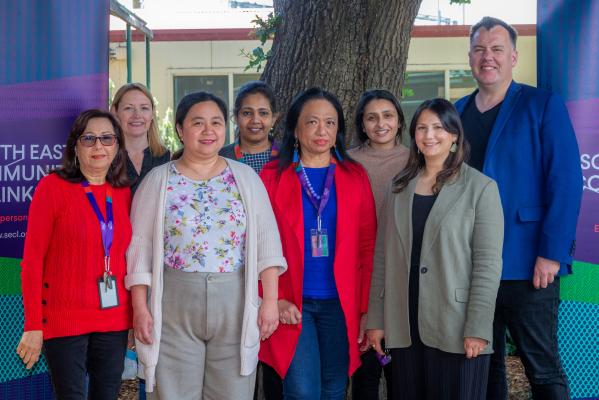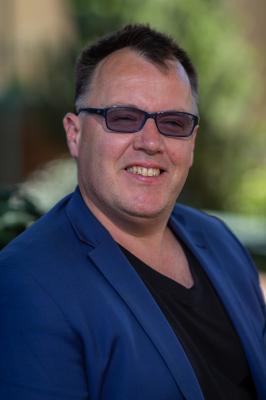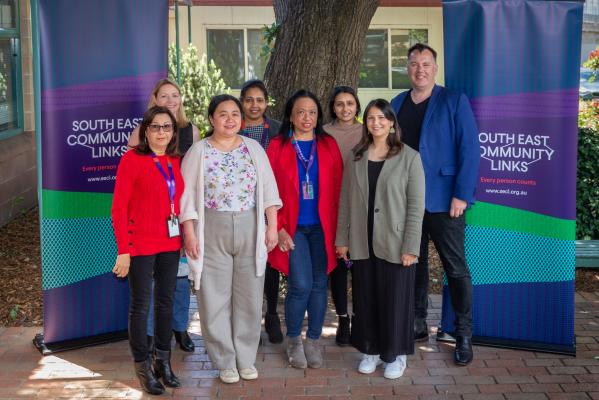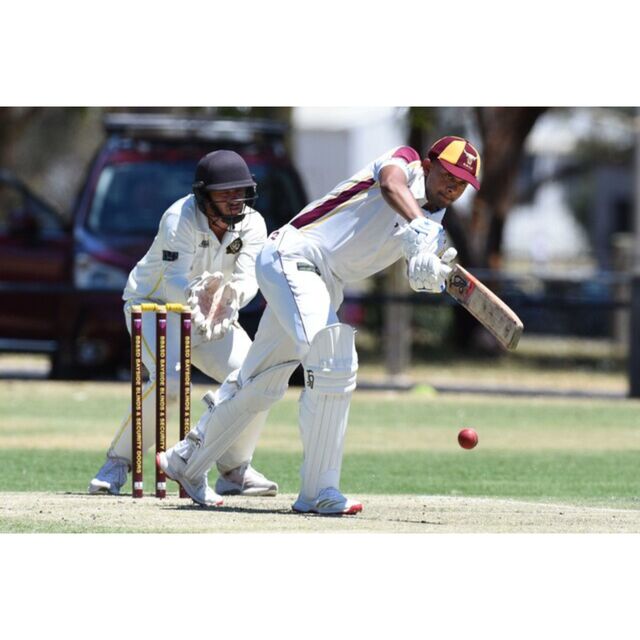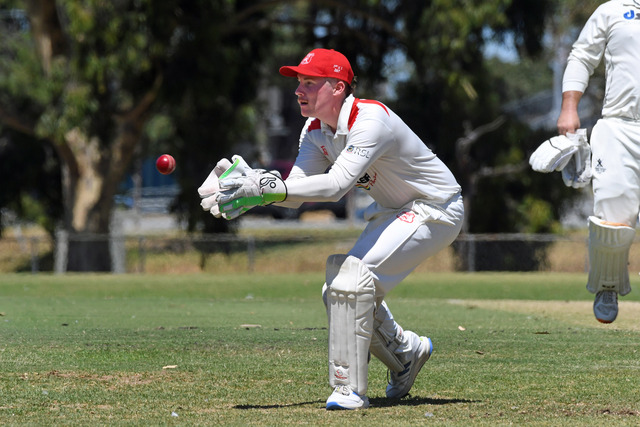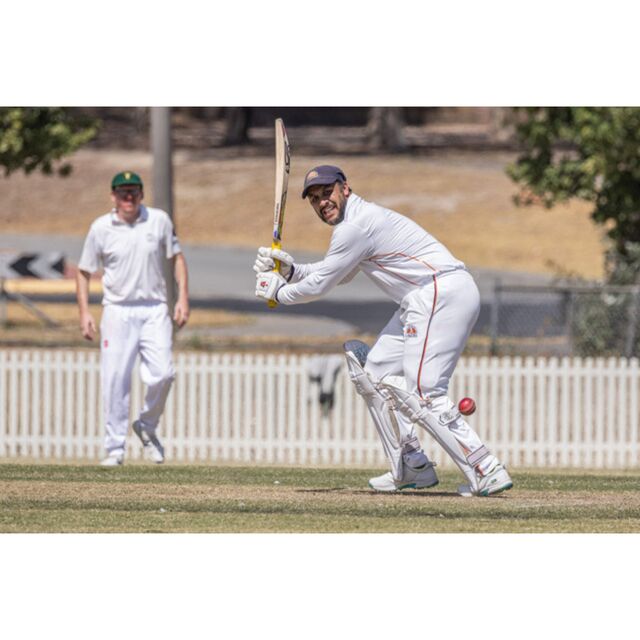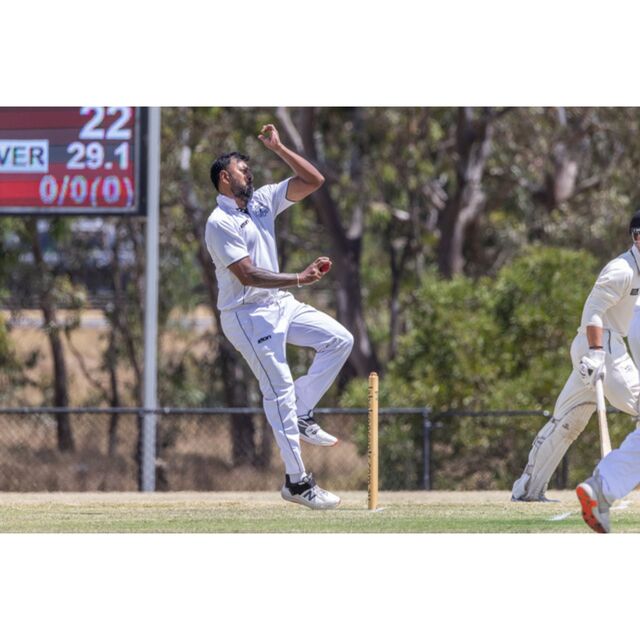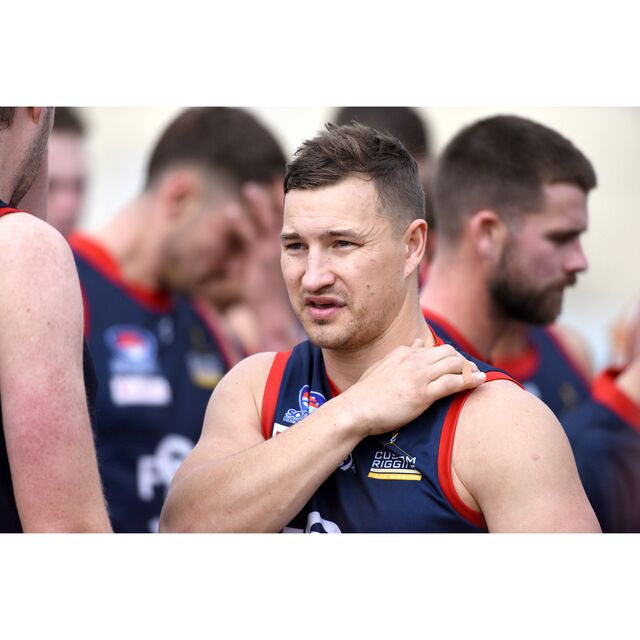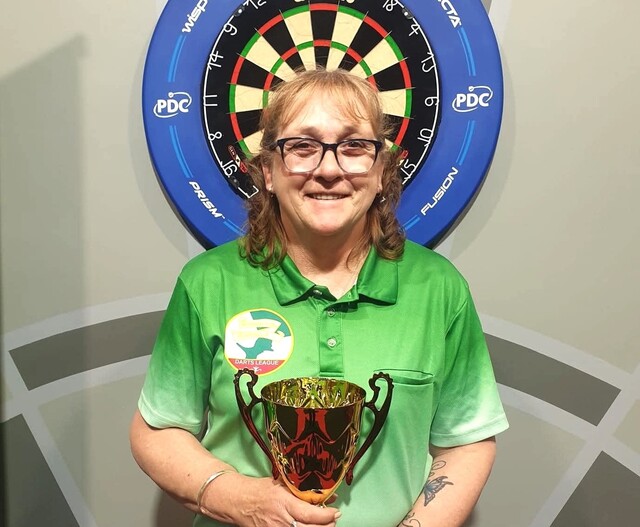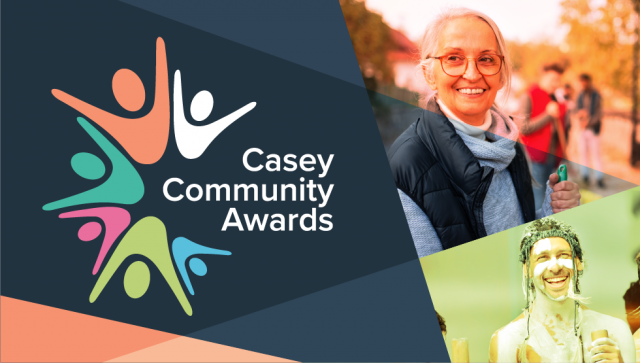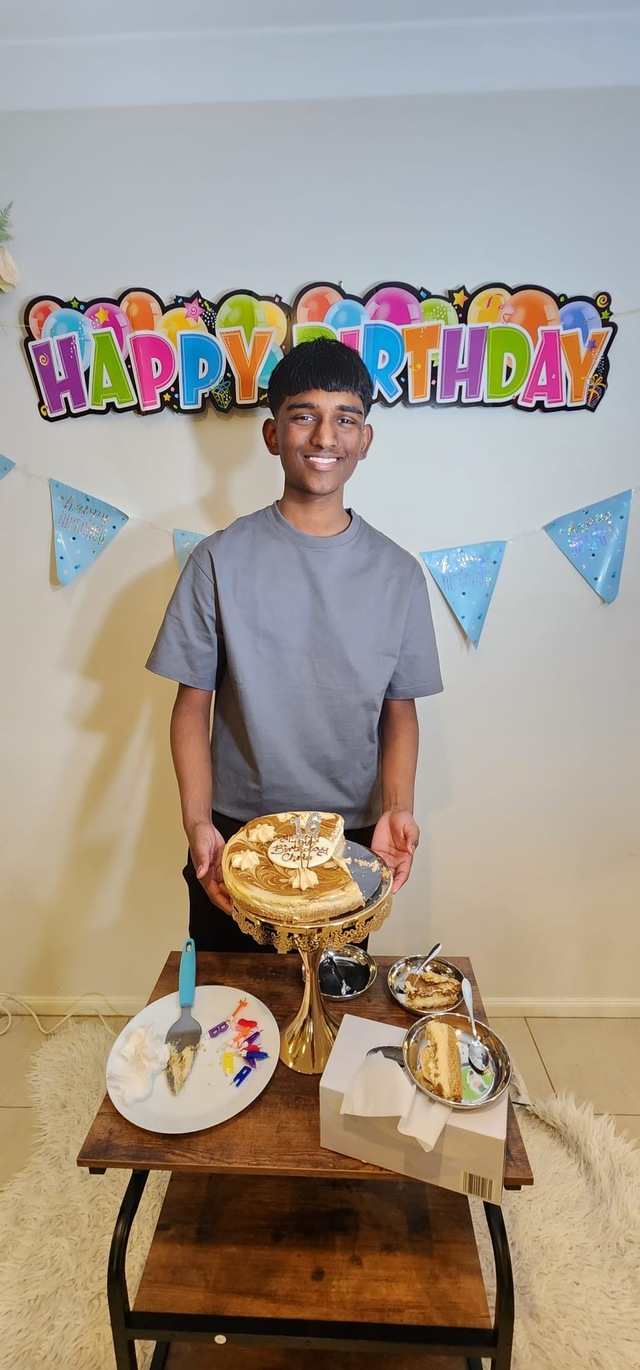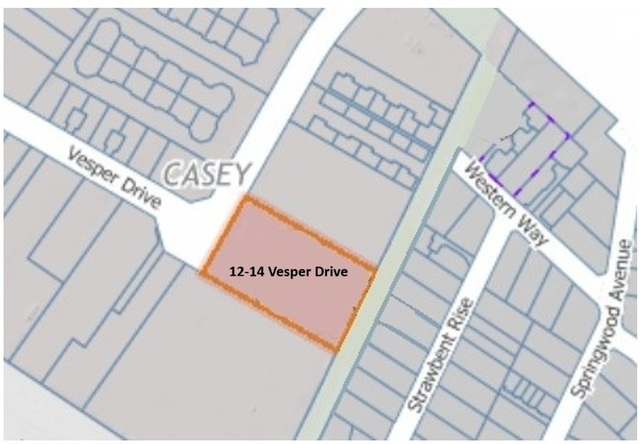A staggering $5.8 million of debts to predatory lenders were resolved by financial counsellors at South East Community Links in 2020-’21.
At its annual general meeting on 15 November, the service marked 50 years since it began as the memorably-named SCAAB (Springvale Community Aid and Advice Bureau).
Poignantly it also mourned the recent passing of its inspirational founder Merle Mitchell AM.
It also reported the return of community financial hardship after the end of Covid supports – such as JobKeeper, JobSeeker supplements, home loan deferrals and moratoriums on evictions and utility disconnections.
As a result, clients were left with months of arrears on rents, home loans and utility bills – while many were on less income than before the pandemic, SECL chief executive Peter McNamara said.
Many were at risk of homelessness, and many sought SECL’s financial counsellors “in droves” to navigate the complex legal and debt recovery systems.
“It’s important for people to know that support is out there,” Mr McNamara said.
“SECL are able to help you in the most difficult financial situations.”
The ongoing financial strain across communities in Greater Dandenong, Casey and Cardinia Shire in post-Covid lockdown is SECL’s “most significant concern”.
The most impacted are asylum seekers and international students, who weren’t eligible for government support after their jobs stopped during Covid.
There was a monumental 152 per cent rise in youth homelessness cases. About 16 per cent of SECL clients were homeless or at risk.
SECL is the largest financial counselling provider to diverse communities in Australia, and the largest in emergency relief in Victoria.
Community and financial wellbeing manager Kay Dilger said the counsellors’ role was to “tell their stories” to creditors and come up with solutions. In the past year, it resulted in 13 per cent of debts being resolved.
Covid’s impact and financial abuse by partners were the top two issues for clients, Ms Dilger said.
Financial abuse was a common form of domestic violence, such as when all the debts are in “her name” and the income is in “his name”.
The lack of access to an income was a key barrier preventing women from leaving abusive relationships, Ms Dilger said.
SECL helped a refugee and domestic violence survivor who was coerced by her ex-husband to sign a mortgage contract.
She was later advised by her bank to take loan-protection insurance despite being a single mother on Centrelink benefits. She wasn’t offered an interpreter by the bank.
She was hospitalised after being stabbed 10 times in the spine by her ex-husband. Her insurer didn’t recognise her injuries as ‘trauma’ and rejected her claim – putting her at risk of losing her home.
After SECL stepped in, insurance premiums were refunded and a ‘goodwill’ payment was made to the client. Her mortgage repayments were lowered, and some debt was waived.
Another mum arrived at SECL seeking emergency food and rent relief. Staff looked to the causes of her plight, and found she was subjected to ongoing financial, physical and emotional abuse at home.
She and her child were found safe accommodation and schooling, with the help of 20 agencies.

